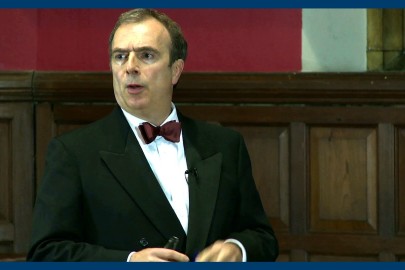There’s something of a panic underway about ‘Post-Truth’. But it seems truth ended up as a casualty in some of the earliest – and most glorious – battles of modern democracy.
Yesterday, the Observer reviewed no fewer than three books whose titles begin ‘Post-Truth’. Nick Cohen’s review blames the ‘crisis’ on ‘the consequences of the web, where no gatekeepers insist you pay the price of accuracy before publishing and lies are given the same status as truth’. What’s at stake is democracy and the values of the Enlightenment, no less.
I’m reading Ron Chernow’s excellent Hamilton and finding myself clutching my pearls at the tussles of Founding Fathers in the post-Revolutionary period, a time when political opinion in the new nation was beginning to divide along party lines. I think it’s probably fair to describe the period as foundational for modern democracy; if any time can be described as peak-Enlightenment it’s this one.
Well how’s this for post-truth? Note that ‘Americans were a literate people’ and ‘the country probably had more newspapers per capita than any other’:
‘newspapers were unabashedly partisan organs that supplied much of the adhesive power binding the incipient parties together… These papers tended to be short on facts… and long on opinion… Often scurrilous and inaccurate, they had few qualms about hinting that a certain nameless official was embezzling money or colluding with a foreign power… No code of conduct circumscribed responsible press behaviour.
They had trolling too:
Signed articles were relatively rare… The fashion of allowing anonymous attacks permitted extraordinary bile to seep into political discourse, and savage remarks that might not otherwise have surfaced appeared regularly in the press. The brutal tone of these papers made politics a wounding ordeal.’
Smears galore: Republican and Federalist – at every level, from Founding Father to newspaper scribbler (sometimes one and the same person) – labelled the other side as ‘diabolic’, ‘evil’, ‘villainous’, ‘corrupt’, ‘fanatic’. Nearly all the big names – Jefferson (top), Madison, Hamilton, Adams – were at it (Washington a notable exception). They often entertained and regularly paraded falsehoods about their opponents.
The subtitle of Cohen’s review’s refers to ‘fake news and its corrosive impact on western democracy’. Seems the corrosion set in very early, making one wonder whether it’s actually a feature rather than a bug. Some premisses need to be examined.











